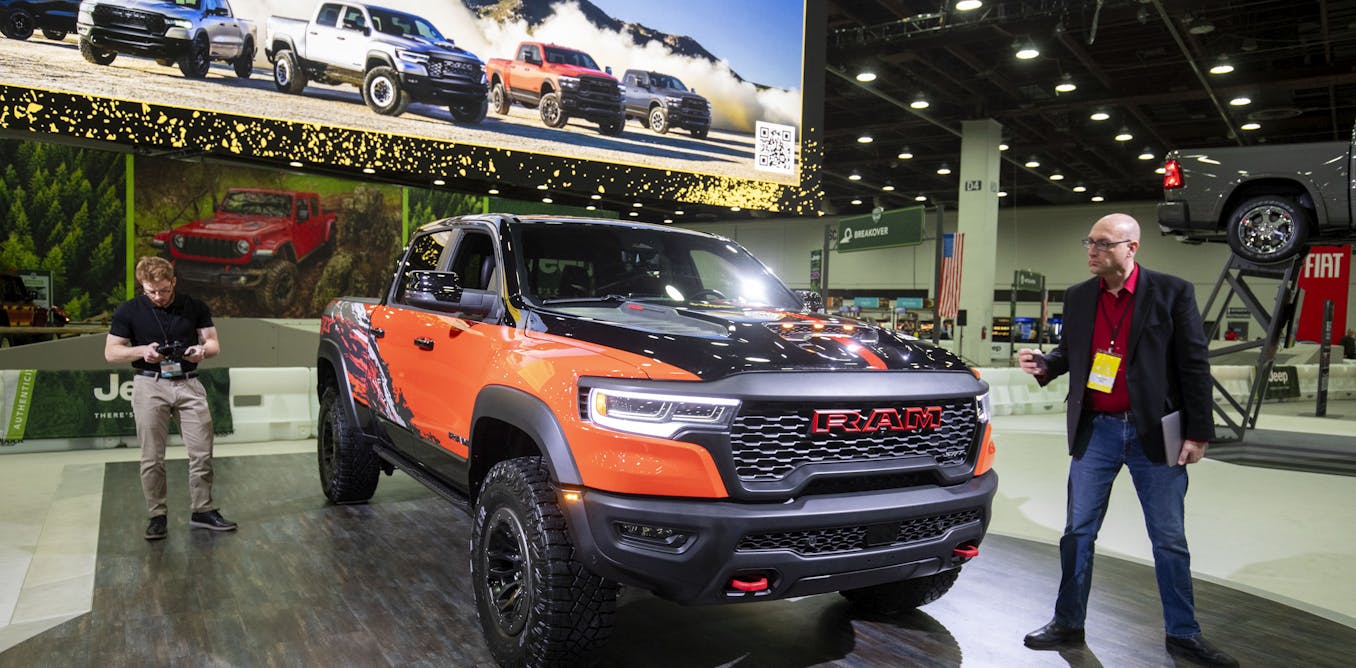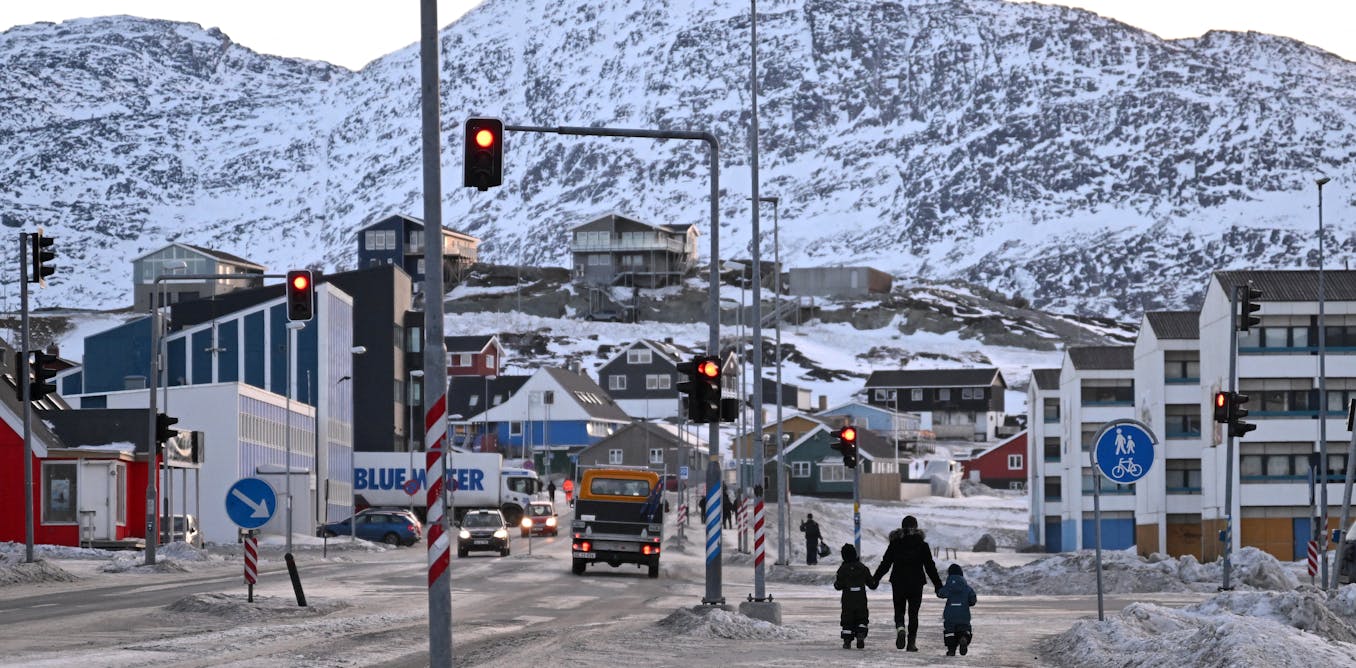Dina Genkina: Hi, I’m Dina Genkina for IEEE Spectrum‘s Fixing the Future. Before we start, I want to tell you that you can get the latest coverage from some of Spectrum‘s most important beats, including AI, climate change, and robotics, by signing up for one of our free newsletters. Just go to spectrum.ieee.org/newsletters to subscribe. And today our guest on the show is Suraj Bramhavar. Recently, Bramhavar left his job as a co-founder and CTO of Sync Computing to start a new chapter. The UK government has just founded the Advanced Research Invention Agency, or ARIA, modeled after the US’s own DARPA funding agency. Bramhavar is heading up ARIA’s first program, which officially launched on March 12th of this year. Bramhavar’s program aims to develop new technology to make AI computation 1,000 times more cost efficient than it is today. Siraj, welcome to the show.
Suraj Bramhavar: Thanks for having me.
Genkina: So your program wants to reduce AI training costs by a factor of 1,000, which is pretty ambitious. Why did you choose to focus on this problem?
Bramhavar: So there’s a couple of reasons why. The first one is economical. I mean, AI is basically to become the primary economic driver of the entire computing industry. And to train a modern large-scale AI model costs somewhere between 10 million to 100 million pounds now. And AI is really unique in the sense that the capabilities grow with more computing power thrown at the problem. So there’s kind of no sign of those costs coming down anytime in the future. And so this has a number of knock-on effects. If I’m a world-class AI researcher, I basically have to choose whether I go work for a very large tech company that has the compute resources available for me to do my work or go raise 100 million pounds from some investor to be able to do cutting edge research. And this has a variety of effects. It dictates, first off, who gets to do the work and also what types of problems get addressed. So that’s the economic problem. And then separately, there’s a technological one, which is that all of this stuff that we call AI is built upon a very, very narrow set of algorithms and an even narrower set of hardware. And this has scaled phenomenally well. And we can probably continue to scale along kind of the known trajectories that we have. But it’s starting to show signs of strain. Like I just mentioned, there’s an economic strain, there’s an energy cost to all this. There’s logistical supply chain constraints. And we’re seeing this now with kind of the GPU crunch that you read about in the news.
And in some ways, the strength of the existing paradigm has kind of forced us to overlook a lot of possible alternative mechanisms that we could use to kind of perform similar computations. And this program is designed to kind of shine a light on those alternatives.
Genkina: Yeah, cool. So you seem to think that there’s potential for pretty impactful alternatives that are orders of…
Read full article: The UK’s ARIA Is Searching For Better AI Tech

The post “The UK’s ARIA Is Searching For Better AI Tech” by Dina Genkina was published on 05/01/2024 by spectrum.ieee.org




































